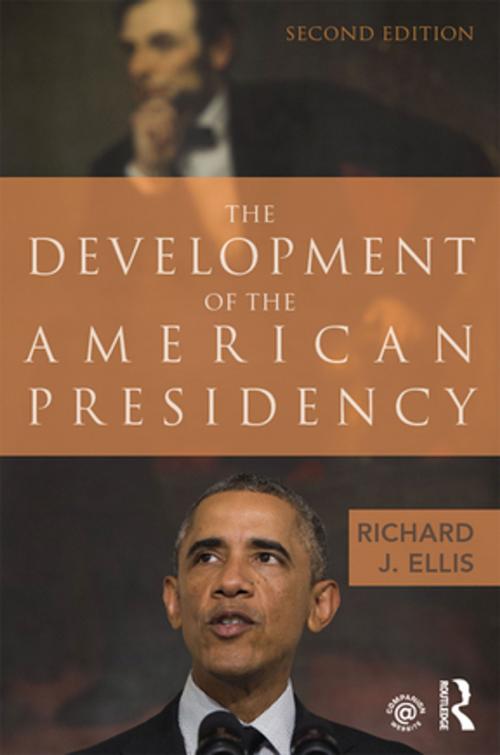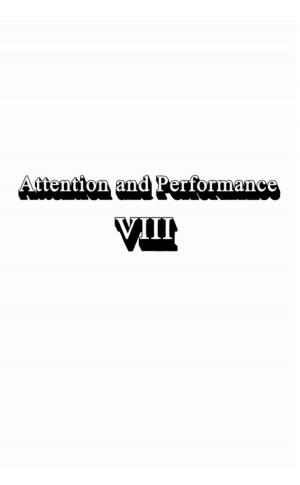The Development of the American Presidency
Nonfiction, Social & Cultural Studies, Political Science, Government, Democracy, Politics, History & Theory| Author: | Richard J. Ellis | ISBN: | 9781317552956 |
| Publisher: | Taylor and Francis | Publication: | June 26, 2015 |
| Imprint: | Routledge | Language: | English |
| Author: | Richard J. Ellis |
| ISBN: | 9781317552956 |
| Publisher: | Taylor and Francis |
| Publication: | June 26, 2015 |
| Imprint: | Routledge |
| Language: | English |
A full understanding of the institution of the American presidency requires us to examine how it developed from the founding to the present. This developmental lens, analyzing how historical turns have shaped the modern institution, allows for a richer, more nuanced understanding beyond the current newspaper headlines. The Development of the American Presidency pays great attention to that historical weight but is organized by the topics and concepts relevant to political science, with the constitutional origins and political development of the presidency its central focus. Through comprehensive and in-depth coverage, this text looks at how the presidency has evolved in relation to the public, to Congress, to the Executive branch, and to the law, showing at every step how different aspects of the presidency have followed distinct trajectories of change. All the while, Ellis illustrates the institutional relationships and tensions through stories about particular individuals and specific political conflicts.
Ellis's own classroom pedagogy of promoting active learning and critical thinking is well reflected in these pages. Each chapter begins with a narrative account of some illustrative puzzle that brings to life a central concept. A wealth of photos, figures, and tables allow for the visual presentations of concepts. A companion website not only acts as a further resources base—directing students to primary documents, newspapers, and data sources—but also presents interactive timelines and practice quizzes to help students master the book's lessons. The second edition a new chapter on unilateral powers that brings greater attention to domestic policymaking.
A full understanding of the institution of the American presidency requires us to examine how it developed from the founding to the present. This developmental lens, analyzing how historical turns have shaped the modern institution, allows for a richer, more nuanced understanding beyond the current newspaper headlines. The Development of the American Presidency pays great attention to that historical weight but is organized by the topics and concepts relevant to political science, with the constitutional origins and political development of the presidency its central focus. Through comprehensive and in-depth coverage, this text looks at how the presidency has evolved in relation to the public, to Congress, to the Executive branch, and to the law, showing at every step how different aspects of the presidency have followed distinct trajectories of change. All the while, Ellis illustrates the institutional relationships and tensions through stories about particular individuals and specific political conflicts.
Ellis's own classroom pedagogy of promoting active learning and critical thinking is well reflected in these pages. Each chapter begins with a narrative account of some illustrative puzzle that brings to life a central concept. A wealth of photos, figures, and tables allow for the visual presentations of concepts. A companion website not only acts as a further resources base—directing students to primary documents, newspapers, and data sources—but also presents interactive timelines and practice quizzes to help students master the book's lessons. The second edition a new chapter on unilateral powers that brings greater attention to domestic policymaking.















